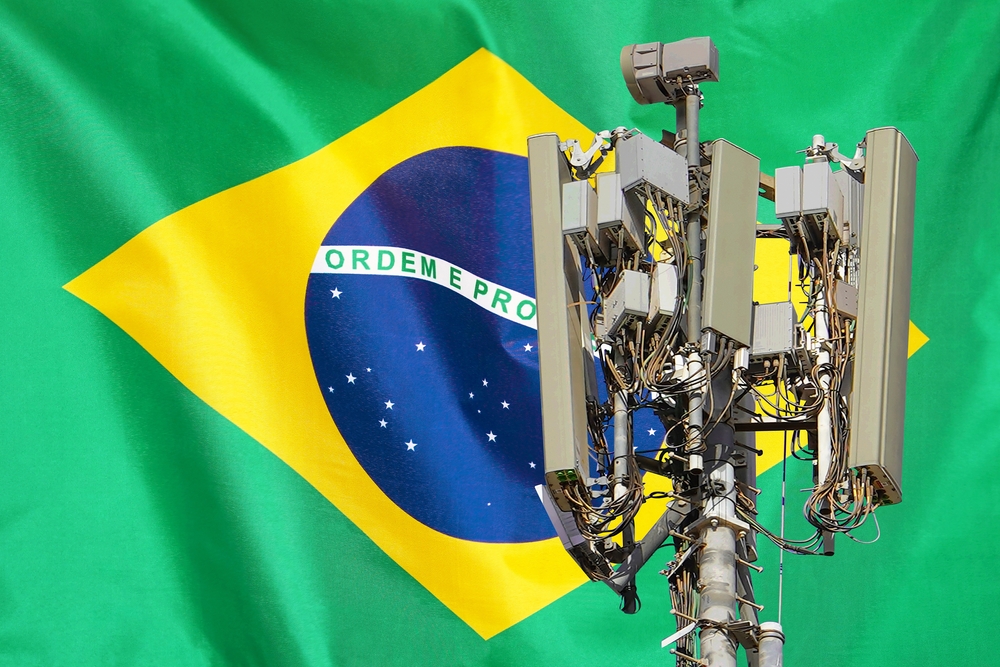Table of Content
ToggleIntroduction
One of the most influential and groundbreaking metal bands to emerge from Brazil, Sepultura has left an indelible mark on the global music scene. With their unique blend of heavy metal and Brazilian influences, the band has consistently pushed the boundaries of what is possible in the genre. In this blog post, we will explore the origins and history of Sepultura, their team members and influences, their journey to international success, and their lasting impact on Brazilian music.
Origins and History
Sepultura, which translates to “grave” in Portuguese, was formed in 1984 in Belo Horizonte, Brazil. The band was founded by brothers Max and Igor Cavalera, who were heavily influenced by the thrash metal and hardcore punk scenes of the time. They were later joined by bassist Paulo Jr. and lead guitarist Jairo Guedz.
The band’s first release, the EP “Bestial Devastation,” came in 1985 and showcased their raw and aggressive sound. In 1986, they released their debut full-length album, “Morbid Visions,” which further solidified their reputation as a force to be reckoned with in the underground metal scene.
Team Members and Influences
Over the years, Sepultura has seen several lineup changes, with the most notable being the departure of founding member and vocalist/guitarist Max Cavalera in 1996. He was replaced by Derrick Green, who has since become an integral part of the band’s sound and identity. Lead guitarist Andreas Kisser joined the band in 1987, replacing Jairo Guedz, and has been a driving force in the band’s evolution. Founding member and drummer Igor Cavalera left the band in 2006 and was replaced by Eloy Casagrande in 2011.
Sepultura’s influences range from thrash metal giants like Metallica and Slayer to punk rock icons such as Discharge and Dead Kennedys. The band has also drawn inspiration from Brazilian music, incorporating elements of samba, bossa nova, and other traditional styles into their sound.
Breakthrough and International Success
Sepultura’s big breakthrough came with the release of their fourth studio album, “Arise,” in 1991. The album was met with critical acclaim and featured a more refined and polished sound compared to their earlier releases. This success helped propel the band to international fame, and they soon found themselves sharing the stage with the likes of Pantera, Ozzy Osbourne, and other metal heavyweights.
The band’s fifth album, “Chaos A.D.” (1993), further expanded their sonic palette, incorporating elements of industrial music and Brazilian percussion. The album’s standout track, “Territory,” featured a powerful mix of thrash metal and tribal drumming, showcasing the band’s unique and innovative approach to metal.
Education and International Success
Despite the challenges faced by many bands from developing countries, Sepultura managed to achieve international success through hard work, persistence, and a deep commitment to their craft. The band members often cite their DIY ethos and their willingness to learn and adapt as key factors in their success.
In the early days, the band members educated themselves by devouring music from around the world, learning about different styles and techniques. This openness to new ideas and willingness to experiment played a significant role in shaping Sepultura’s unique sound.
A Distinctive Approach to Brazilian Music
Sepultura’s incorporation of traditional Brazilian music elements sets them apart from other Brazilian bands and has helped define their signature sound. By blending heavy metal with Brazilian percussion, tribal rhythms, and other local influences, Sepultura has created a unique fusion that has resonated with fans around the world. This approach has not only distinguished them within the Brazilian music scene but has also paved the way for other bands to explore the rich and diverse musical heritage of Brazil.
Current Status and Brazil’s Perception of Sepultura
Sepultura remains active and continues to release new music and tour globally. Their most recent album, “Quadra” (2020), has been met with positive reviews and showcases the band’s continued growth and evolution. The lineup of Derrick Green, Andreas Kisser, Paulo Jr., and Eloy Casagrande has proven to be a strong and cohesive unit, pushing the boundaries of their music even further.
In Brazil, Sepultura’s impact on the country’s music scene is undeniable. As one of the first Brazilian bands to gain international recognition and success in the metal genre, they have become a source of inspiration and pride for many. Their ability to incorporate traditional Brazilian elements into their music has also helped to showcase the country’s diverse cultural heritage on the global stage.
Conclusion
From their humble beginnings in Belo Horizonte to their status as global metal icons, Sepultura’s journey has been one of innovation, resilience, and a steadfast commitment to their musical vision. By incorporating traditional Brazilian music styles into their sound, they have created a unique and powerful fusion that has resonated with fans worldwide.
Today, Sepultura remains an active and influential force in the metal scene, continuing to push the boundaries of what is possible in the genre. Their impact on Brazilian music history is undeniable, and their legacy will continue to inspire generations of musicians to come.











